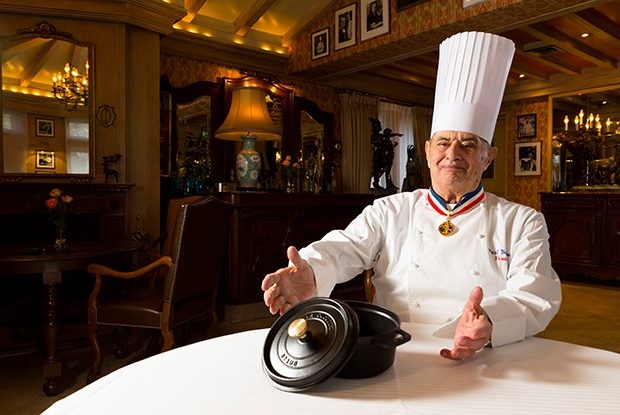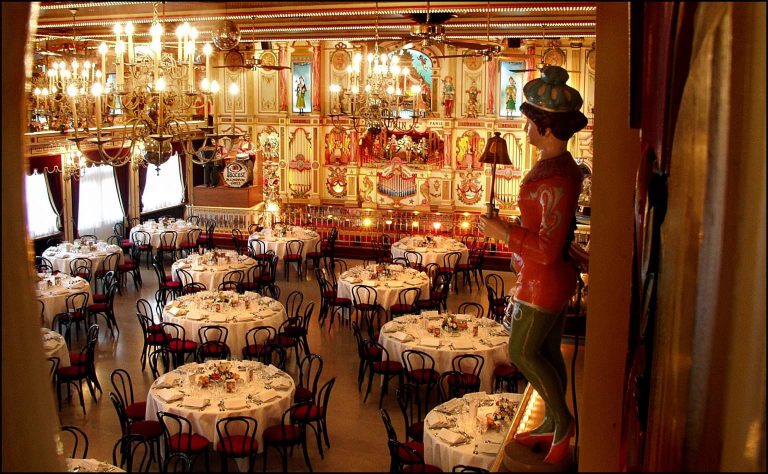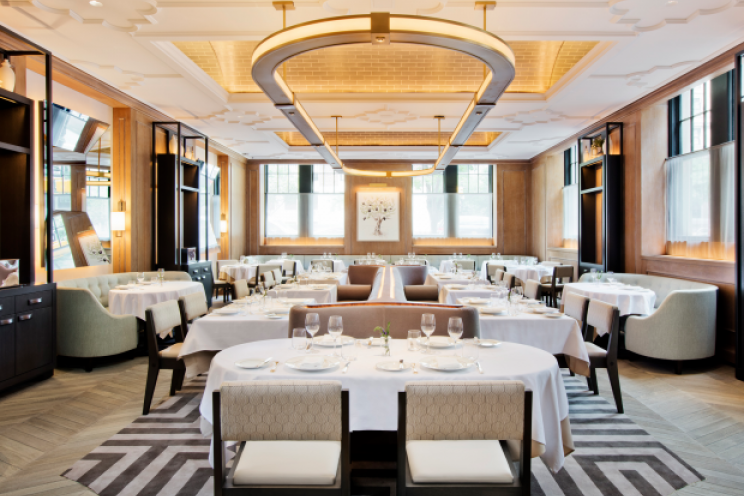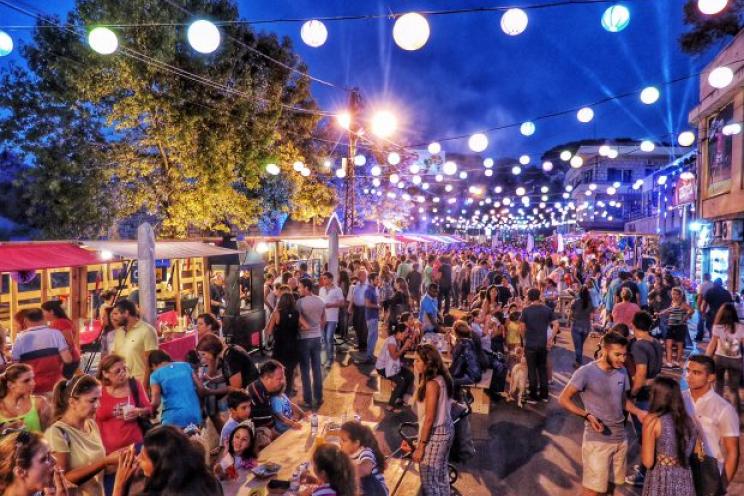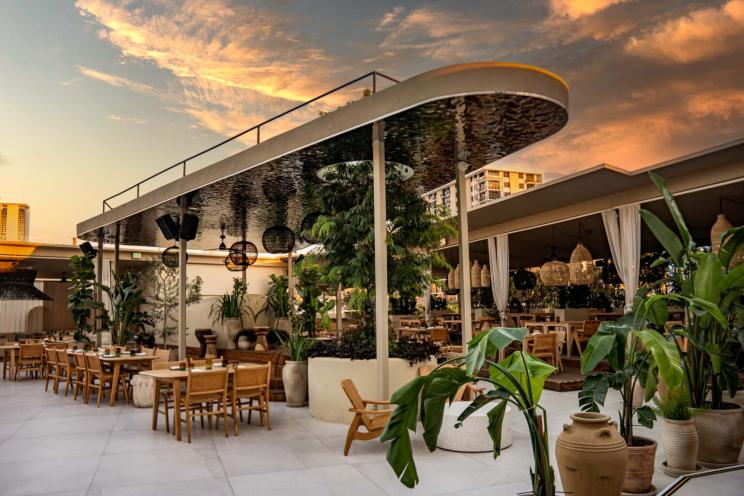Paul Bocuse dies at the age of 91 in Lyon, leaving behind a haughty French school of gastronomy, and a soaring journey of compassion.
Bocuse revolutionized the fading style of cooking known as “haute cuisine” and almost single-handedly gave life to the concept of “cuisine du marché,” the concept of using ingredients fresh from the market, which fathered a generation of what we now call "farm-to-table" restaurants.
“We are manual workers. Our profession has to be learned. It involves mentoring and it is our duty to pass on our knowledge," he believed.
“With his eyes on the stars,” this conqueror of French gastronomy has built an empire based on regional cuisine, drawing his inspiration from simplicity and generosity. As it grew in culinary stature over the years, winning the top Michelin honour of three stars, the restaurant was transformed into an opulent, even flashy Auberge designed to showcase its proprietor, who never shied away from publicity.
He firmly held that "receiving people means taking charge of their happiness."
Paul Bocuse's history was filled with tales that reflected the deep sense of friendship the Chef had with those around him. One of his closest colleagues wrote: “When Monsieur Paul arrives in the dining room to greet his guests, sporting his Chef's hat and a spotless jacket bearing the colours of France, time appears to stand still, silence falls. Everyone turns to admire this imposing and charismatic figure, a sacred moment.”
Passion to Paul Bocuse's was the key to excellence. He and his team shared a constant concern at the “Auberge ” or the “Abbaye de Collonges” for the very highest quality, whether in terms of the choice of products, the right gestures in the dining room, the appropriate attitude at the right time with regard to customers as well as colleagues. This was the sign of excellence which made its mark on the history of the establishment and which “would last for many years,” the Chef believed.

